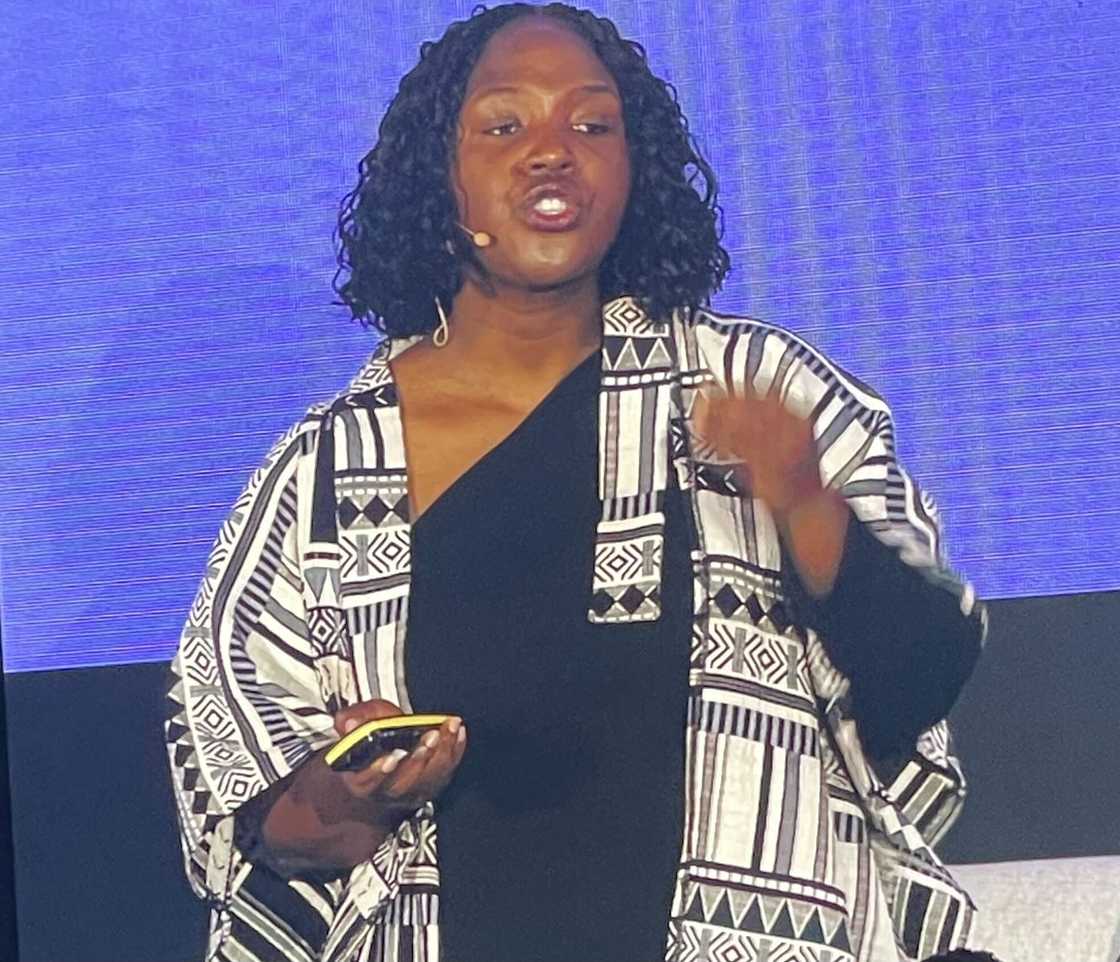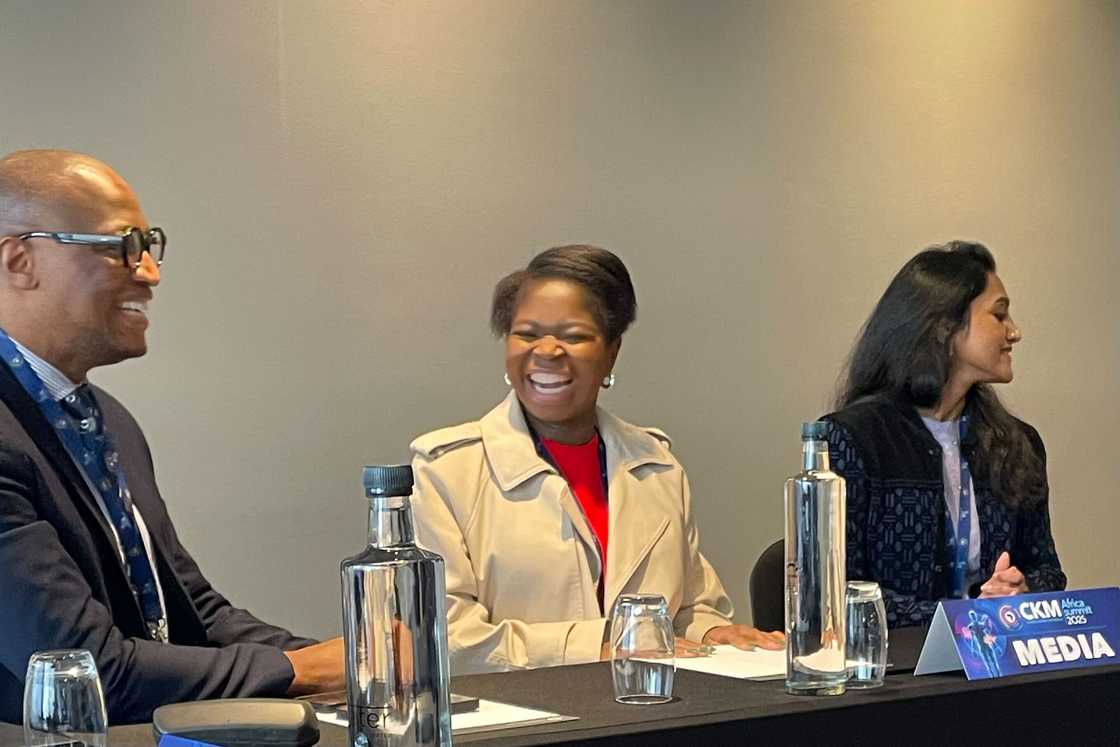Exploring Childhood Obesity: When Do Parents Intervene?
- Childhood obesity remains a growing concern for many parents in South Africa
- With increasing medications and interventions, many parents are worried about when the right time to act is
- Briefly News consulted with experts in the field to learn how to best tackle obesity in children
Don't miss out! Join Briefly News Sports channel on WhatsApp now!
CAPE TOWN - Childhood obesity is a significant concern in South Africa with far-reaching implications. At the inaugural CKM Africa Summit held in Cape Town on 28-29 June 2025, medical experts gathered to discuss obesity, focusing on its warning signs and the ethical ramifications surrounding treatment options.
One of the central discussion points revolved around childhood obesity, the ethical considerations of treating it, and when interventions are necessary.

Source: Original
Warning signs of childhood obesity
The initial indicators of childhood obesity often arise from disproportionate weight gain relative to age, height, and growth patterns. Parents are encouraged to monitor their children’s Body Mass Index (BMI), taking age and gender into account. Additional warning signs include a sedentary lifestyle, excessive screen time, poor dietary habits, and a lack of physical activity. Early intervention is crucial, as childhood obesity can lead to long-term health issues such as diabetes and heart disease.

Read also
"Life is not easy": Hungry young women resort to attending stranger's funeral for food, SA moved
PAY ATTENTION: Briefly News is now on YouTube! Check out our interviews on Briefly TV Life now!
Dr Thabeng Leping from Novo Nordisk shared alarming statistics regarding the early onset of Type 2 diabetes in primary school children, emphasising the need for immediate intervention. He further explained how Novo Nordisk were working closely with schools and communities to implement healthy-eating initiatives to encourage healthy lifestyles.
The ethical landscape of treating childhood obesity
Dr Nomathemba Chandiwana, one of the panelists at the summit, shed light on the stigma surrounding obesity in general: “There is stigma surrounding obesity in that slimmer people are 33% more likely to get jobs.”
She continued, “Slimmer people are likely to have more friends.”
This societal pressure creates a challenging environment for children facing weight issues, as they may experience exclusion and discrimination.
The medical expert also highlighted that weight-related issues must consider the potential mental health impacts of stigma and discrimination.
Insights from medical professionals
Briefly News consulted a variety of medical professionals to gain insights into possible ways to manage obesity in children.

Source: Original
Dr Kumari Naidoo, an endocrinologist from KwaZulu-Natal, highlighted a critical aspect of childhood obesity: its origins.
“Child obesity starts from the womb,” she stated.
Dr Naidoo stressed the need for proactive, early interventions. While medications to treat obesity are approved for use from the age of 12, she emphasised the importance of a multifactorial approach:
“There are many factors to consider when treating childhood obesity, such as lifestyle and family history,” she noted.
Dr Naidoo advocated for comprehensive assessments before determining treatment paths.
Echoing this sentiment, Dr Tracy Namamundo, a general practitioner from Gauteng, highlighted the vital role of parental involvement in addressing this condition:
“Parents must monitor weight gain and explain to their children the importance of being healthy,” she advised.
Dr Namamundo urged that children should be included in discussions about their health and treatment plans:
“Children must be consulted before treating them.”
PAY ATTENTION: Follow Briefly News on Twitter and never miss the hottest topics! Find us at @brieflyza!
Source: Briefly News


